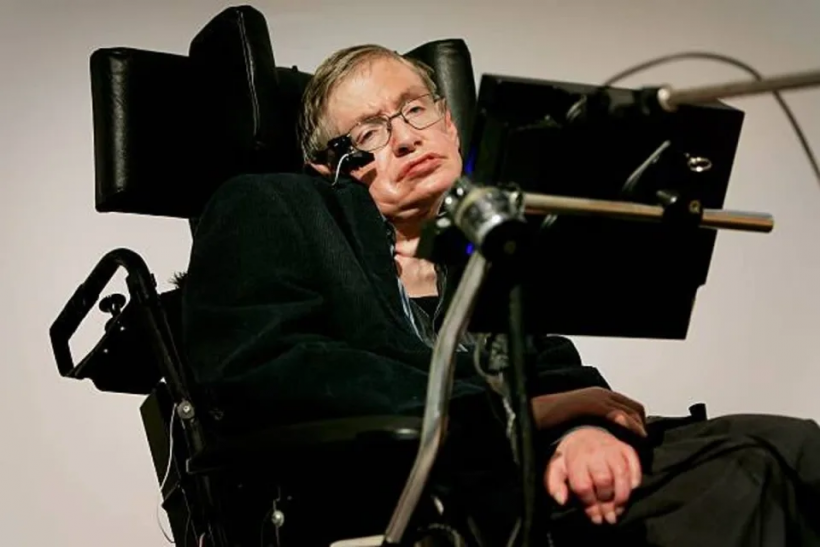A study conducted by the University of Aberdeen previously revealed that signals of motor neurone disease (MND) can be spotted 14 years before patients suffer symptoms. The research reveals that the identified proteins considered to cause MND may be identified in the stomach decades before the illness begins to affect the body and the brain.
It's not the only significant advancement in the field; physicians were recently able to develop genetic engineering that cures growing muscular weakening in MND patients who also carry the defective gene SOD1. Following one year of therapy, patients who received month-to-month injections of the medication tofersen had improved movement and pulmonary function, according to the findings of a global trial reported by Evening Standard.
The UK portion of the study, headed by Pamela Shaw, professor of neurology at the University of Sheffield, confirmed that it was the very first date in even more and over 25 experiments on MND she had witnessed an improved performance in muscle strength, through one sick person from the research project who had participated in a wheelchair presently capable of walking without handles.
The analysis, conducted in partnership with the University of Edinburgh and reported in The Journal of Pathology: Clinical Research, discovered indications of the condition in one participant 14 years before developing the disorder.
A Closer Look of Motor Neurone Disease
Motor neurone disease is a neurological illness that produces weakness by affecting the brain and nerves. MND patients can benefit from some therapies, but there is currently no cure. It can substantially shorten one's life expectancy and finally lead to death.
MND might be difficult to recognize in its beginning stages. It steadily worsens over time, making movements, swallowing, and breathing increasingly difficult. Some diagnosed patients having motor neurone disease can survive for decades; for instance, Professor Stephen Hawking has been confirmed with MND at the age of 21 and remained until the age of 76, as per the National Library of Medicine.
Motor neurone disease predominantly affects persons in the early 60s and 70s, although it can develop at any age. It is induced by an issue with nerves and neurons within the brain, although it is unknown why these cells progressively quit operating.
MND somehow doesn't usually inherit from families, although being in a close family with the condition might occasionally make anyone more likely to have it.
There is no specific diagnostic for motor neuron disease, but physicians may order blood tests, brain and spine scans, tests to assess electrical impulses in one's nerves and muscles, or a lumbar puncture (also known as a spinal tap) to rule out some other disorders.

Professor Stephen Hawking lived with MND for years.
ALSO READ: Dr. Peter Scott-Morgan, the World's First Full 'Cyborg' Dies of Motor Neuron Disease
Symptoms and Diagnosis
MND clinical signs, based on the NHS, usually involve ankle or leg instability (usual tripping and difficulties climbing stairs), slurred speaking, digesting problems, shaky grasp, muscle spasms or cramping, sudden weight loss, difficulty controlling tears or laughter at unsuitable times.
Such complications can occur gradually and might be imperceptible initially. Based on the NHS, those who have muscular vulnerability should contact a Physician because, while MND is uncertain to be the reason, being identified promptly can help patients get the treatment they require.
Ed Slater, who was given a diagnosis in July, stated that he had muscular spasms in his arms for eleven months but didn't really think a lot about it until they became continuous.
"Month by month, my arm grew progressively weaker and weaker, my grasp became poorer, then I went to Oxford yet was detected with MND," he reported to BBC. "Part of me had braced for it, partially as a result of exhaustion and partly as a result of symptoms," Slater added.
Despite the lack of treatment for motor neurone disease, medication can help lower its severity. Treatment usually involves therapy sessions, physiotherapy, therapy for speech and language dietician guidance, medicines to delay the course of the ailment and reduce discomfort, and care and support.
RELATED ARTICLE: Former Rugby Player Rob Burrow Shares His Emotional Battle With Motor Neuron Disease
Check out more news and information on Neurology in Science Times.














